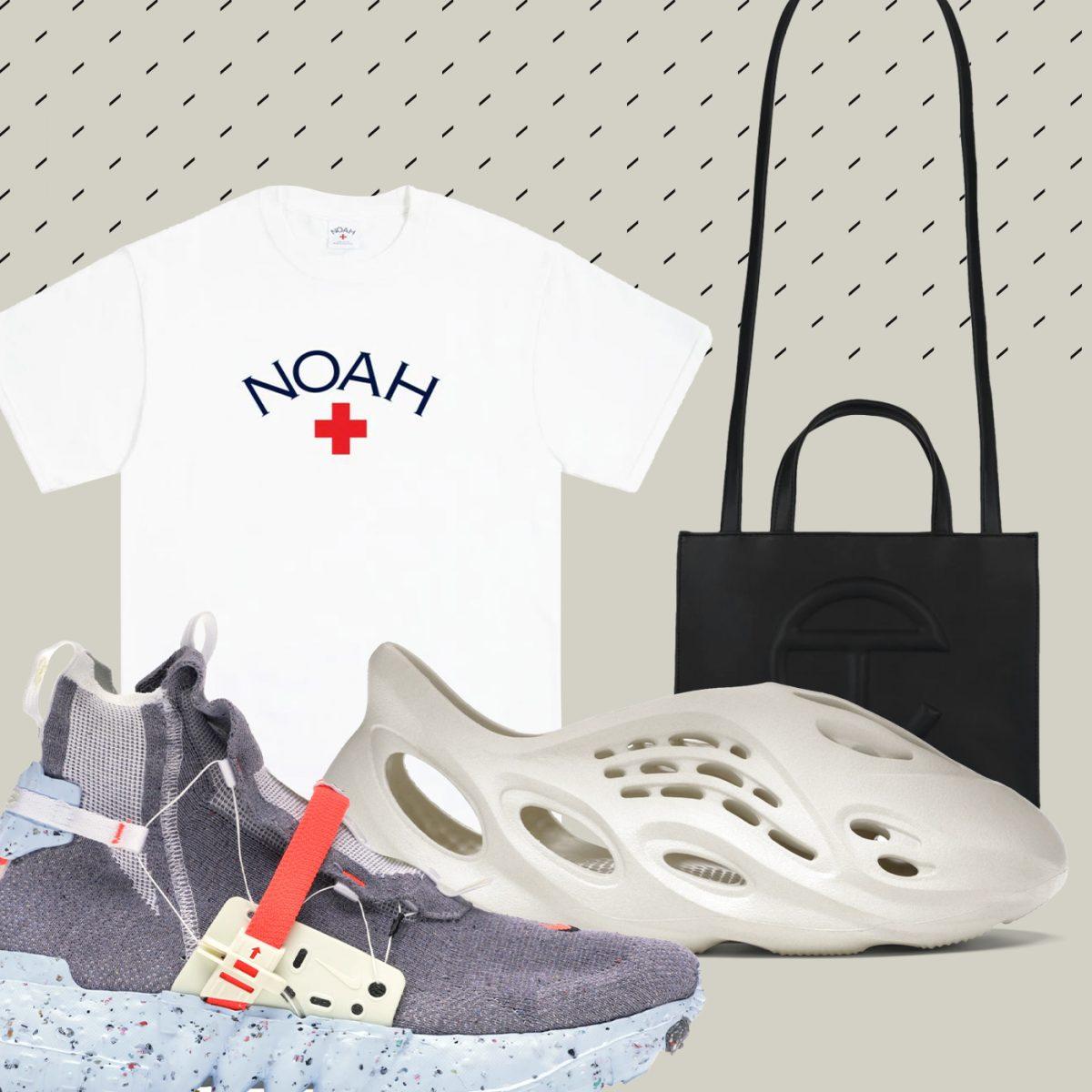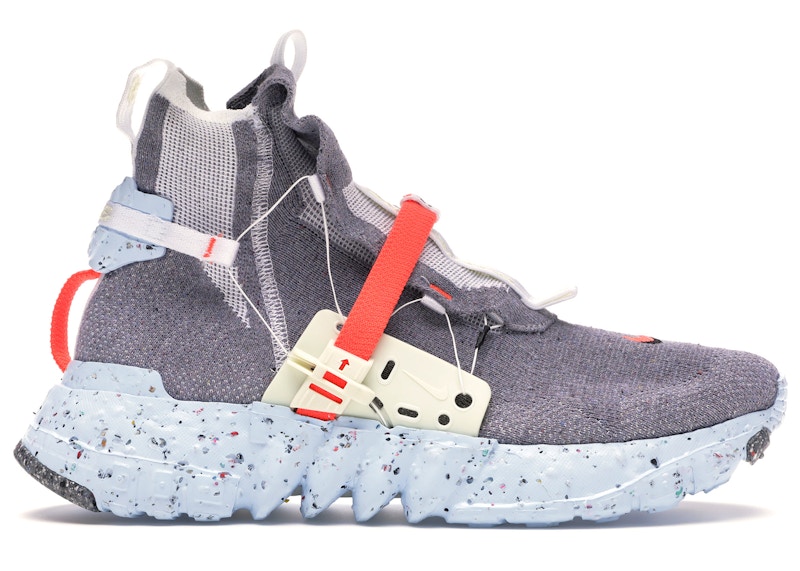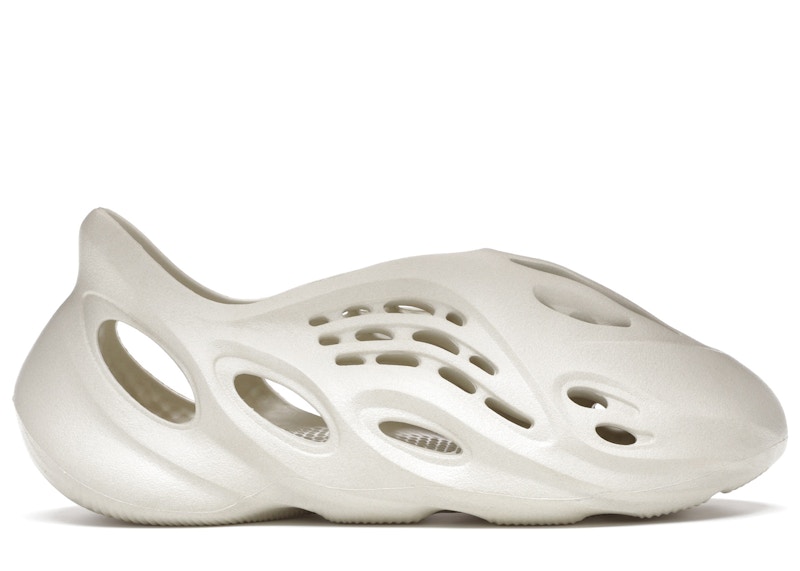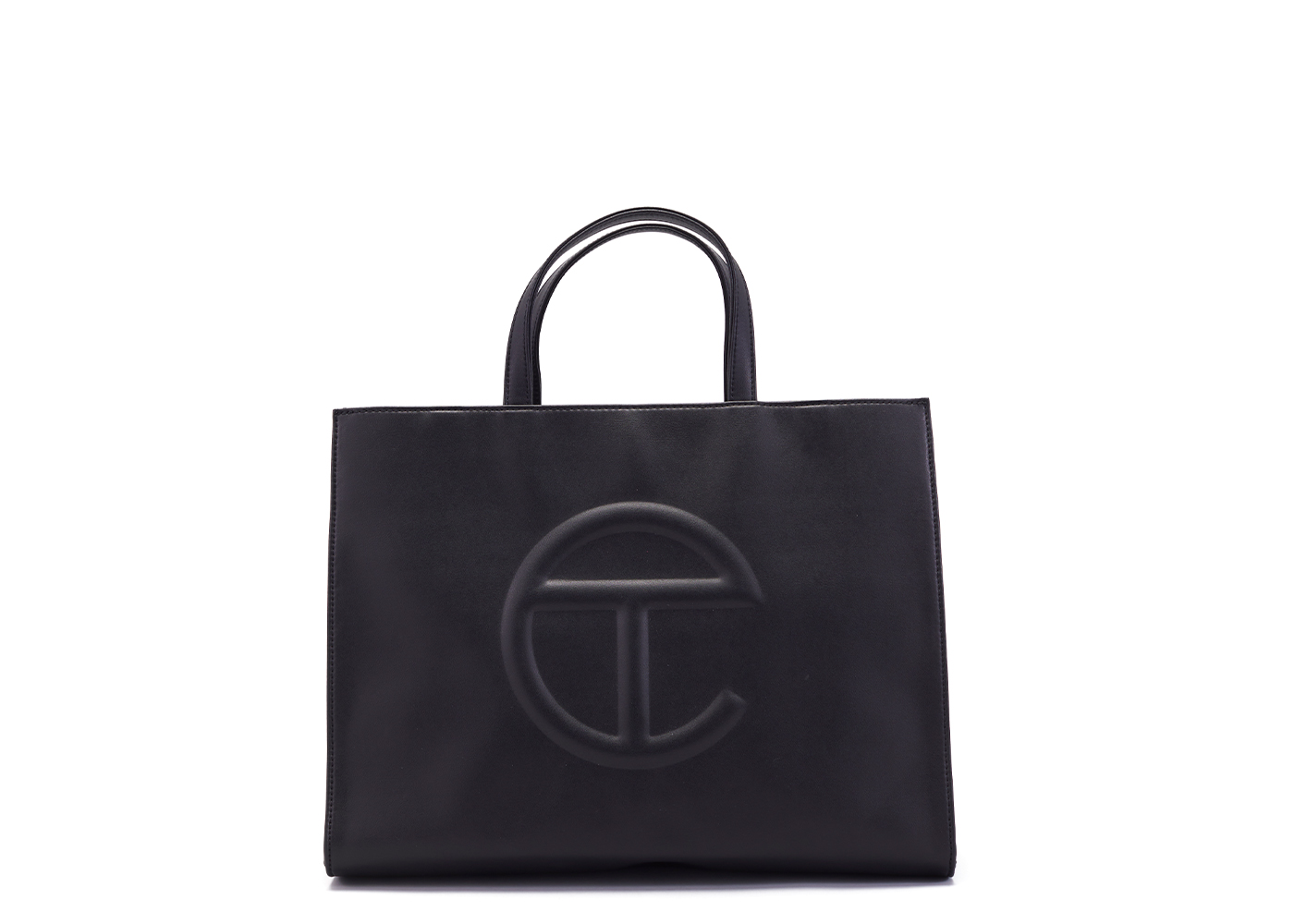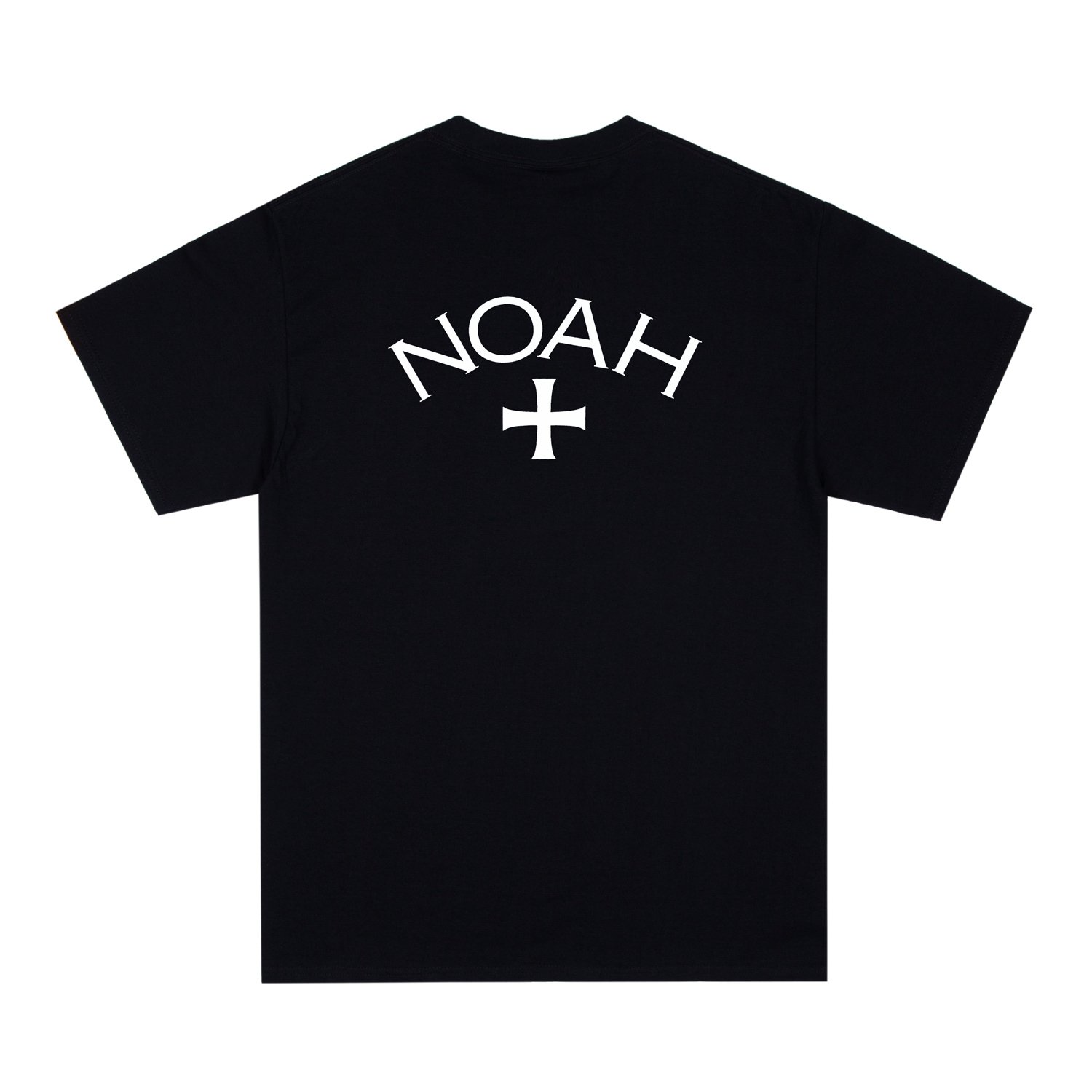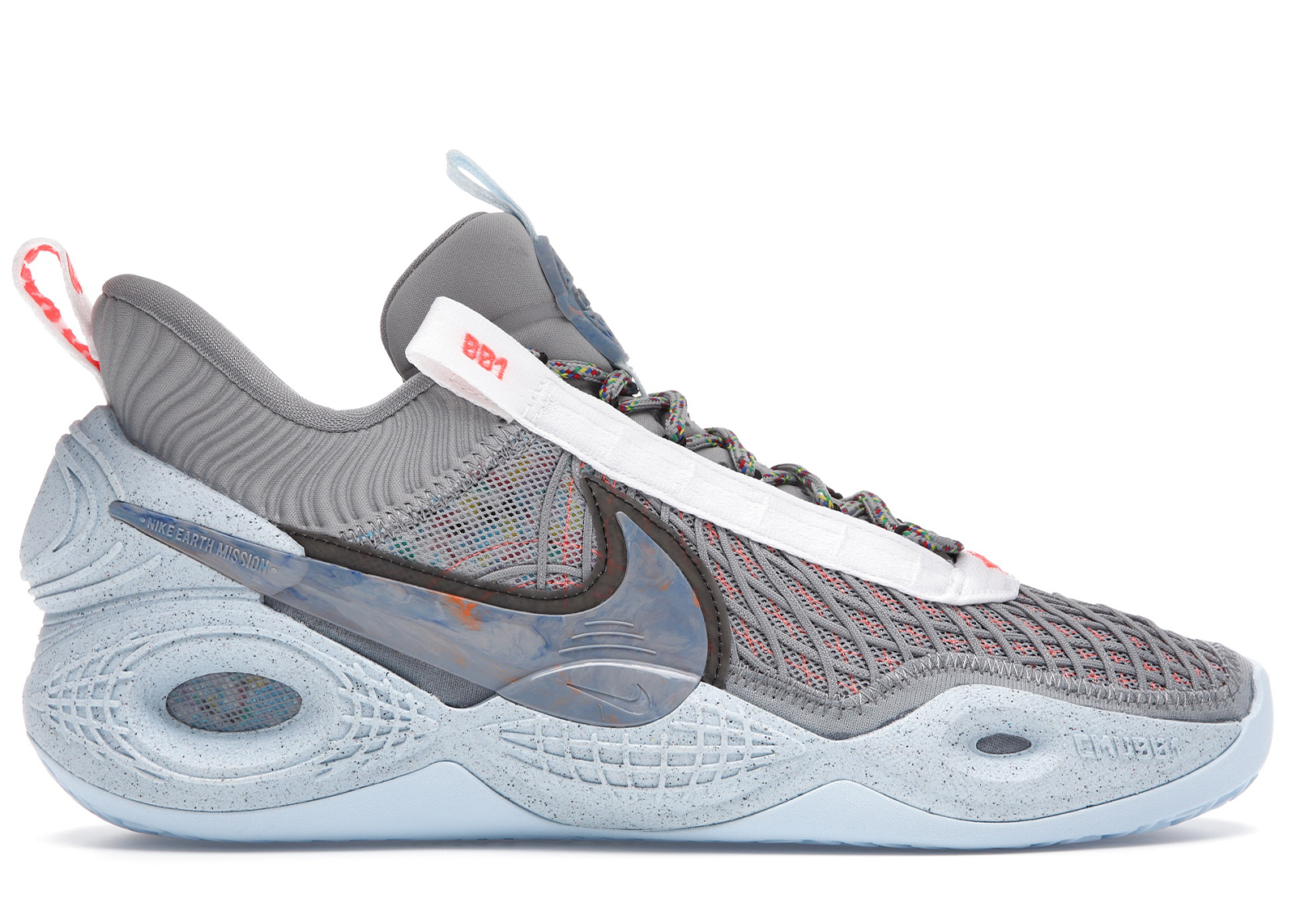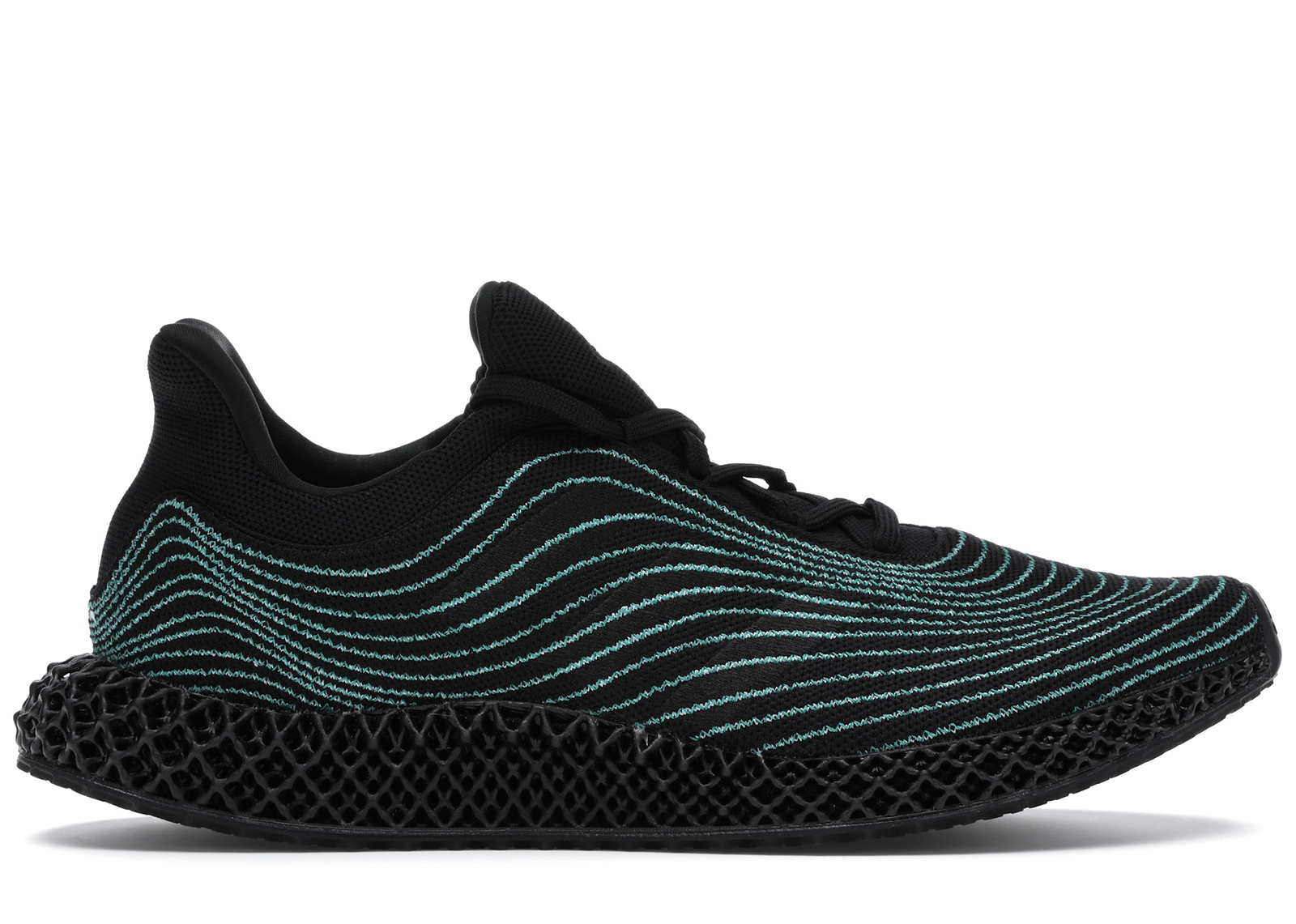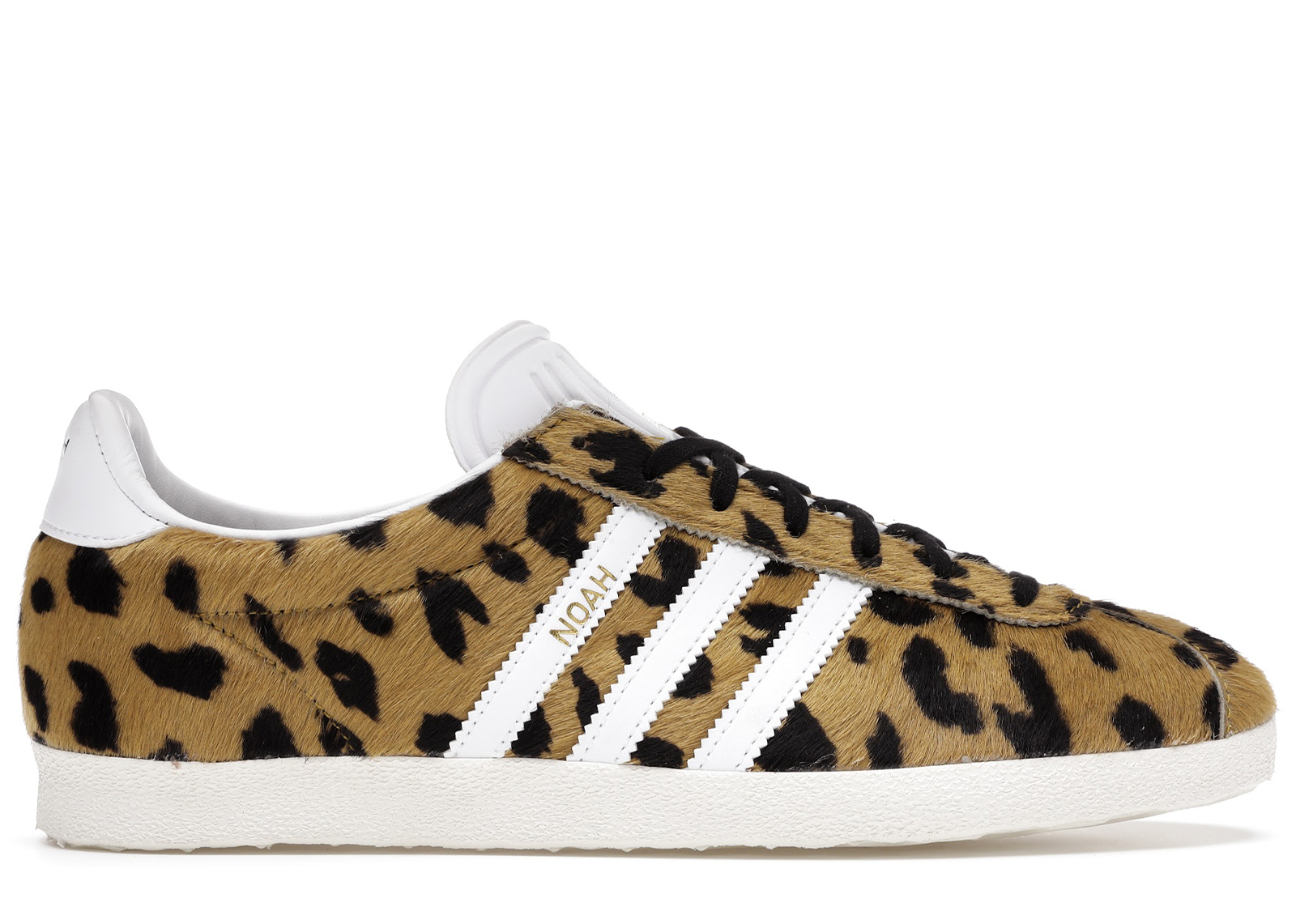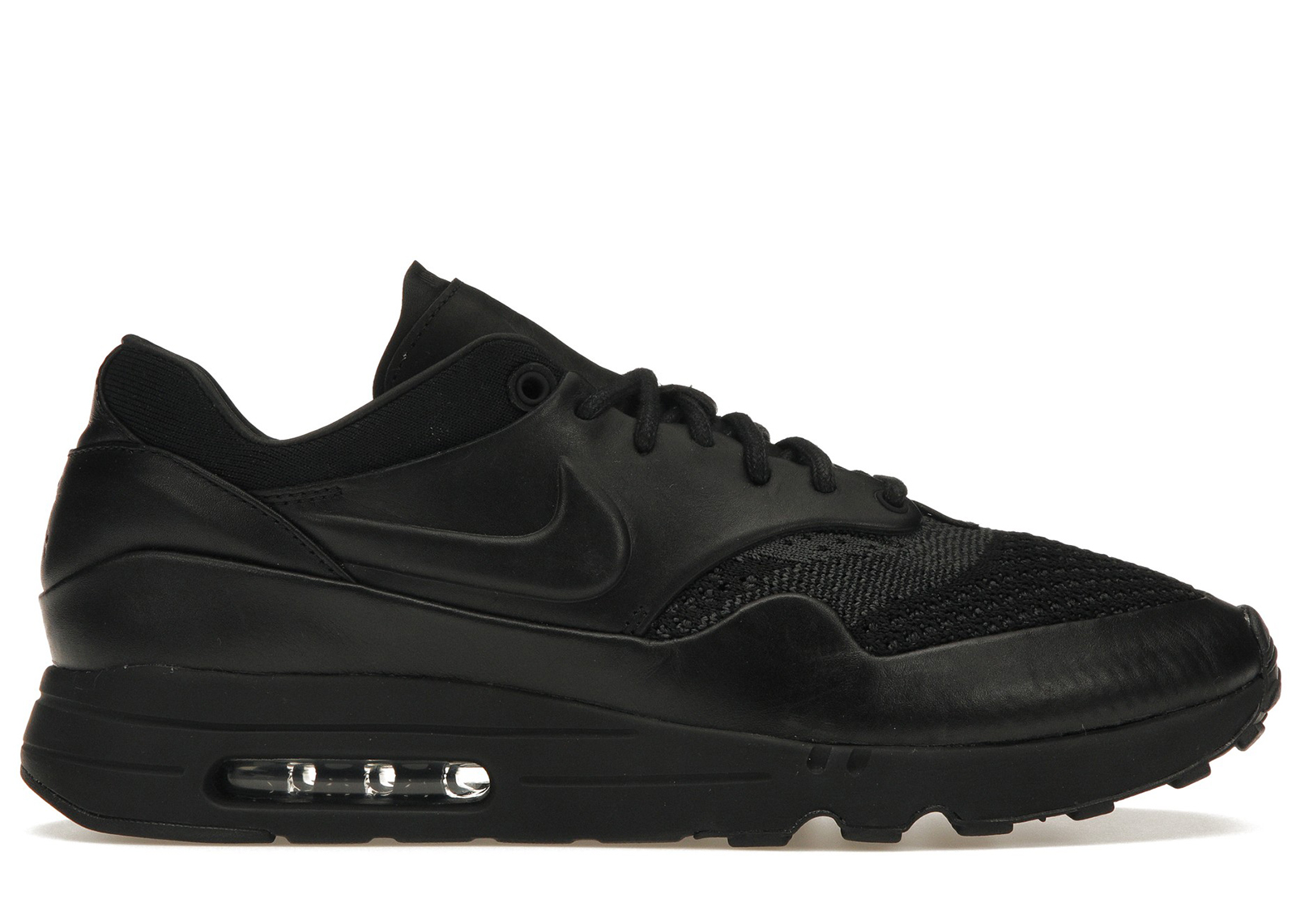While some brands have been focused on protecting the planet for years, others have jumped in more recently – but all of them are moving towards a more sustainable future. For large brands in 2021, it’s nearly unheard of to be lacking in some kind of environmentally conscious corporate strategy. At Nike, a planet-first strategy takes its shape through a branded effort to reduce their carbon footprint and waste using circular design principles and recycling. At adidas, a brand that’s had sustainability as a focus since 1998, there are a number of ongoing initiatives working to make them totally climate neutral by 2050.
Most brand’s sustainability plans are focused on major goals set decades into the future. Exciting as that is, some brands have taken steps to make an impact in the immediate future. For Earth Day this year, StockX is taking a look at some of the brands available on our platform and what they’re doing to move closer to an Earth-first strategy.
Nike
Nike is the largest brand in sports and one of the most recognizable companies in the world, and they’re also doing a lot to reduce their waste and footprint. In 2019, with the help of students from London’s Central Saint Martins, Nike developed their Circular Design Guide. This guide instituted a common language for the path that the brand intends to take forward and highlights important design choices like future recyclability, waste avoidance, durability, circular packaging, choice of materials, and more.
These aren’t just ideas for Nike, either. Nike has recycled more than 7.5 billion plastic bottles diverted from landfills and waterways into polyester used in sneakers and apparel since 2010. As of 2020, the brand is also using 100% renewable energy in all of their U.S. and Canada owned or operated sites. Nike has recycled more than 100 million pounds of manufacturing scraps into new footwear products in the last six years. These partially-recycled sneakers have a larger impact on the environment than you may think. Nike’s production of 23M Flyknit sneakers in 2019 resulted in the use of more than 31 million plastic bottles. The brand’s popular Space Hippie sneakers took the Flyknit’s sustainability statistics to the next level, delivering an upper made from more than 85% recycled material with a sole created from Nike Grind rubber.
Shipping, and the unfortunate environmental impact it creates, has also become a focus for Nike. The Space Hippie was delivered in a box made from 90% recycled materials and in 2017, the brand worked with Miniwiz CEO, Arthur Huang, on a more sustainable plastic sneaker box that accompanied the release of the Air Max 1 Ultra Flyknit. Each lightweight box was made entirely of recycled polypropylene resulting in the recycling equivalent of 120 plastic coffee cup lids. As we look forward to the brand’s many upcoming releases and the progress made already, it’s likely that we can come to expect more recycled materials and more innovation in the environmentally-conscious space for Nike.
adidas
adidas is also no stranger working in ways that benefit the planet, creating their sneakers from recycled materials since 2012. Currently, there are hundreds of products available on adidas’ site that are made at least somewhat sustainably. The items available aren’t exactly underrated or underrepresented pieces either. A version of the brand’s popular Stan Smith sneaker made from vegan mushroom leather can be shopped alongside brand new Ultra Boosts made from recycled Parley ocean plastic. adidas’ early movement in the sustainability space has now provided the option to purchase nearly all of your favorite sneaker silhouettes and apparel pieces in a recycled form. This gives fans and partners the opportunity to effortlessly work a focus on the planet into their next wardrobe addition.
Fortunately adidas’ fans, the brand’s partners have done just that. In 2015, adidas began its continued partnership with Parley for the Oceans, an environmental group focused on raising awareness around the beauty, fragility, and potential destruction of the ocean ecosystem. The partnership’s initial product release resulted in the first-ever sneaker made from recycled plastic from the ocean. Now, that relationship has found its way deep into the adidas catalog where the recycled Parley ocean plastic is now being used in hundreds of products.
Kanye West and his adidas Yeezy line have also taken an interest in using more sustainable materials in production recently. The adidas Yeezy Foam RNNR, a futuristic Croc-like clog, is constructed with a foam that’s partly produced from algae. According to West, the plan is to start hydroponic farms and go straight from “seed to sole.” The Yeezy Foam RNNR is just the latest development in what’s shaping up to be a rich history of environmentally conscious innovation from adidas. Hopefully we’ll soon see Yeezy start using the material in other shoes beyond just the Foam RNNRs.
Telfar
Led by founder Telfar Clemens, Telfar the brand does most things differently. Unlike brands that thrive on exclusivity, Telfar is on a mission to restock their popular bags until all of their fans can buy directly from them at retail prices, instead of on the secondary market. Whether this effort is centered on sustainability is unclear, but it demonstrates the brand’s dedication to do things differently. For starters, every Telfar Bag is made from 100% vegan leather and comes packaged in a sustainable 100% cotton bag. The brand has also made deliberate efforts to work with factories and select their materials with the environment in mind. With livestock being one of the largest contributors to greenhouse gasses, a movement to – and popularization of – vegan leather could have a major impact on the industry. Telfar is setting the tone.
Noah
Noah is a New York based streetwear brand founded by Supreme’s former creative director, Brendon Babenzien. They are not a sustainable brand. They’ll even tell you that. But, what they are is brutally honest and publicly intentional about working to be as sustainable as possible. The brand’s blog is filled with a range of editorials including guides on how to recycle their clothes, all the way to a breakdown of their recycled shipping packaging. They frequently use recycled materials to create t-shirts and sweaters and often donate profits to compelling environmental causes. As a brand, Noah may not be entirely sustainable but they’re doing everything they can to lead the industry in the right direction while being as transparent as possible.


